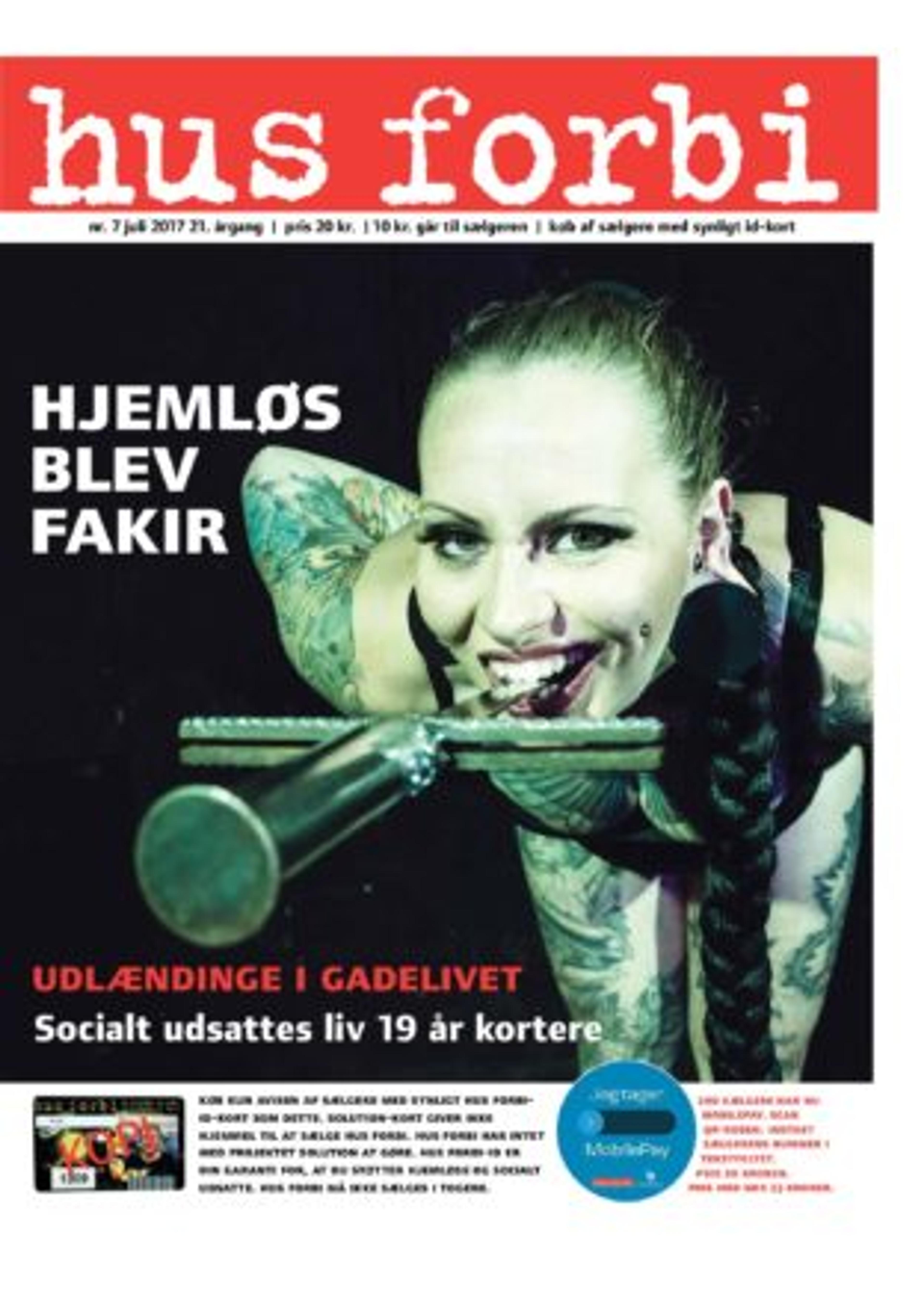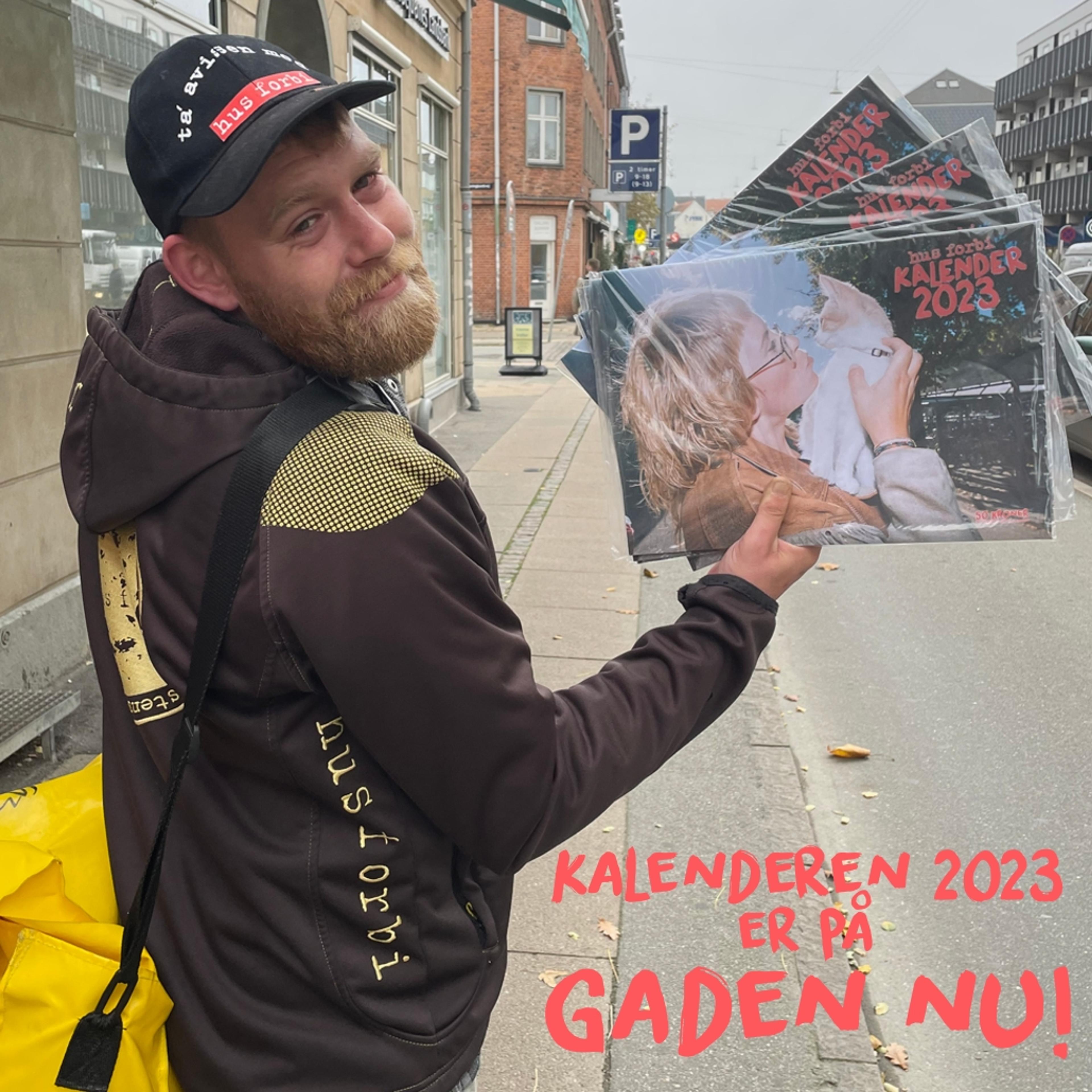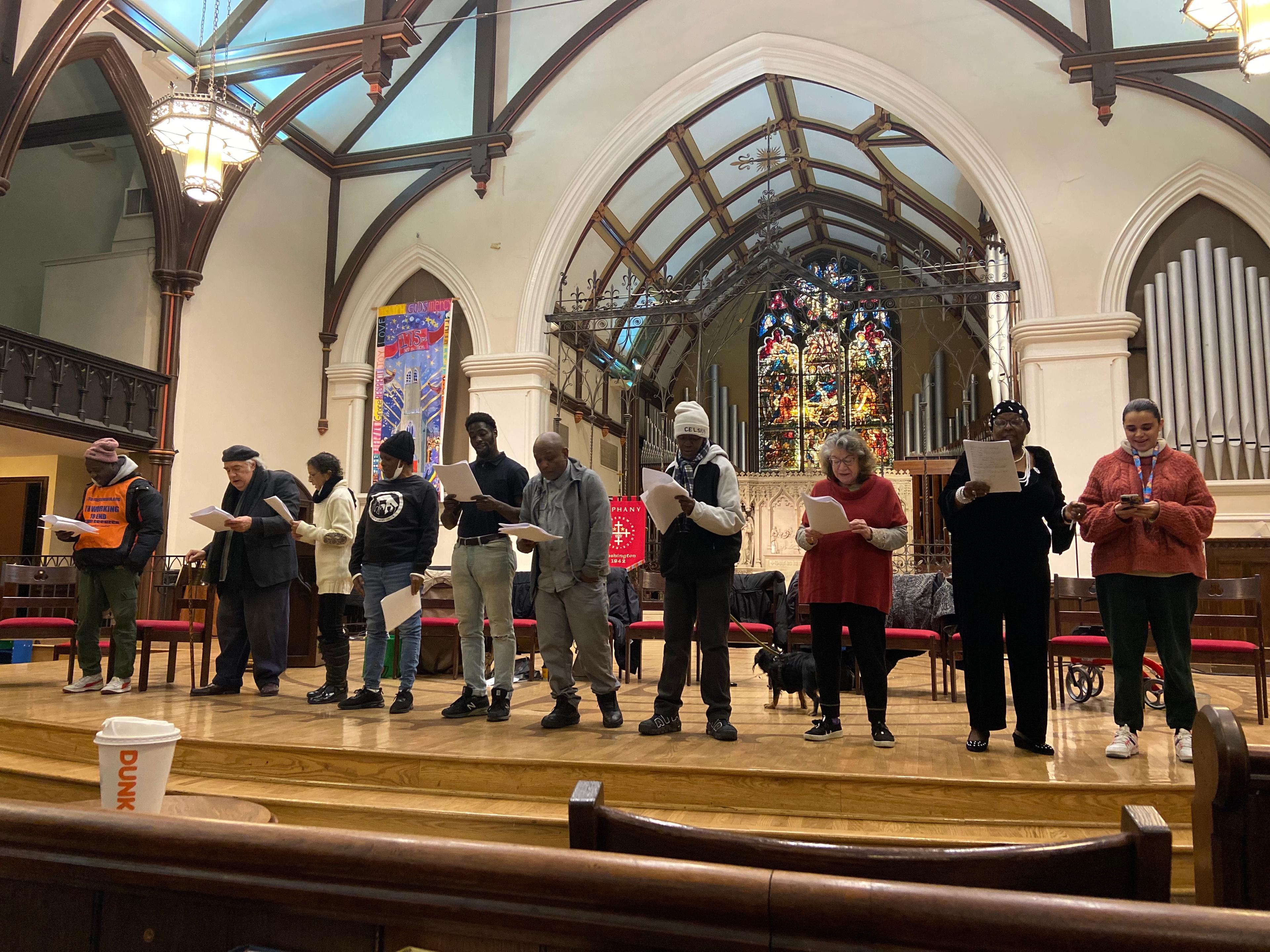Q&A: How Danish street paper Hus Forbi supports vendors through the winter
Interview by Tony Inglis
- Street paper news

Peter Andersen, current editor of Hus Forbi in Denmark, takes us through their plans to help vendors through a rough part of the year, with additional products to ensure a continued to sustainable income to assistance with managing the winter cold.
INSP: The winter months are cold and dark – what problems do they pose for street paper vendors and other people who are homeless and sleeping rough?
Peter Andersen: First of all, there can be problems finding shelter. More homeless people want to sleep under roof in the winter, and if there is too much demand it becomes a lottery. There are emergency hostels or dormitories in the big cities, but if it gets really cold it’s often not enough. The people experiencing homelessness who are active Hus Forbi vendors can get warm winter clothes [from us], so at least they won’t freeze to death. We’ve also seen a lot of new food distribution initiatives on the streets in recent years where you can get a free meal – not in the quantity of the food banks in Britain though.
Street papers often create additional products alongside the street paper during this time. Why is that important to vendors?
Hus Forbi makes a calendar every year, and it’s sold in November, December and January. It’s important, because it can be a rather big extra income for the tenacious vendor. We also sell more street papers because of the calendar – people tend to take the double package.
What is the concept around the new 2023 calendar?
The theme is ‘vendors and their pets’ – really easygoing, and I think it’s a good choice in times like these. Many dogs of course, but also cats, rats, snakes and turtles. We had a plan of portraying 12 vendors who suffer from mental illness and might do that next time.

Hus Forbi vendor Tim holds the street papers 2023 calendar, on sale now.
Peter Andersen, Hus Forbi editorHus Forbi makes a calendar every year, and it’s sold in November, December and January. It’s important, because it can be a rather big extra income for the tenacious vendor.
Does Hus Forbi assist vendors in any other specific ways during the festive and holiday period?
I already mentioned the clothes, which is I’s biggest expenditure except from staff wages (we also make a summer collection). During lockdown we helped vendors with food coupons, paid for vendors to stay in cheap hotels when they needed to isolate and began refunding their expenses for medicine. Hus Forbi still refunds vendors’ prescriptions, but of course it’s not merely a festive thing. In the beginning of next year, we hold a big holiday lunch for the vendors and thereby “assist” their good spirits.
In Denmark, what are the political and social attitudes that exist towards the homeless community during these months? Are people and local governments doing more to ensure people are safe?
It’s mixed. We are right now working on a story about public cutdowns hitting the residences of those who are homeless and socially exposed, and one of the excuses is that the last official count made in February 2022 showed a decrease in the number of homeless people. That is true, but there is a great deal of uncertainty surrounding the count, and the hostels that take in people who are homeless are beginning to see faces they haven’t seen before – people who couldn’t afford the rent after energy and food prices rose sky high. So, we see public expenses going down, but on the other hand we see more private initiatives. NGOs have never had so many inquiries for Christmas help (mainly food packages so the poor can give their children a somewhat normal Christmas). The hailed Danish welfare system is becoming more and more like the rest of the world.
Find your local street paper, and look out for additional products like calendars, cookbooks and special editions to further support people experiencing poverty, homelessness and other vulnerabilities around the festive season.
You may also be interested in...

Q&A: How The Big Issue Australia is empowering women through enterprise
Read more
Street Sense Media vendors stage play exploring solutions to homelessness
Read more